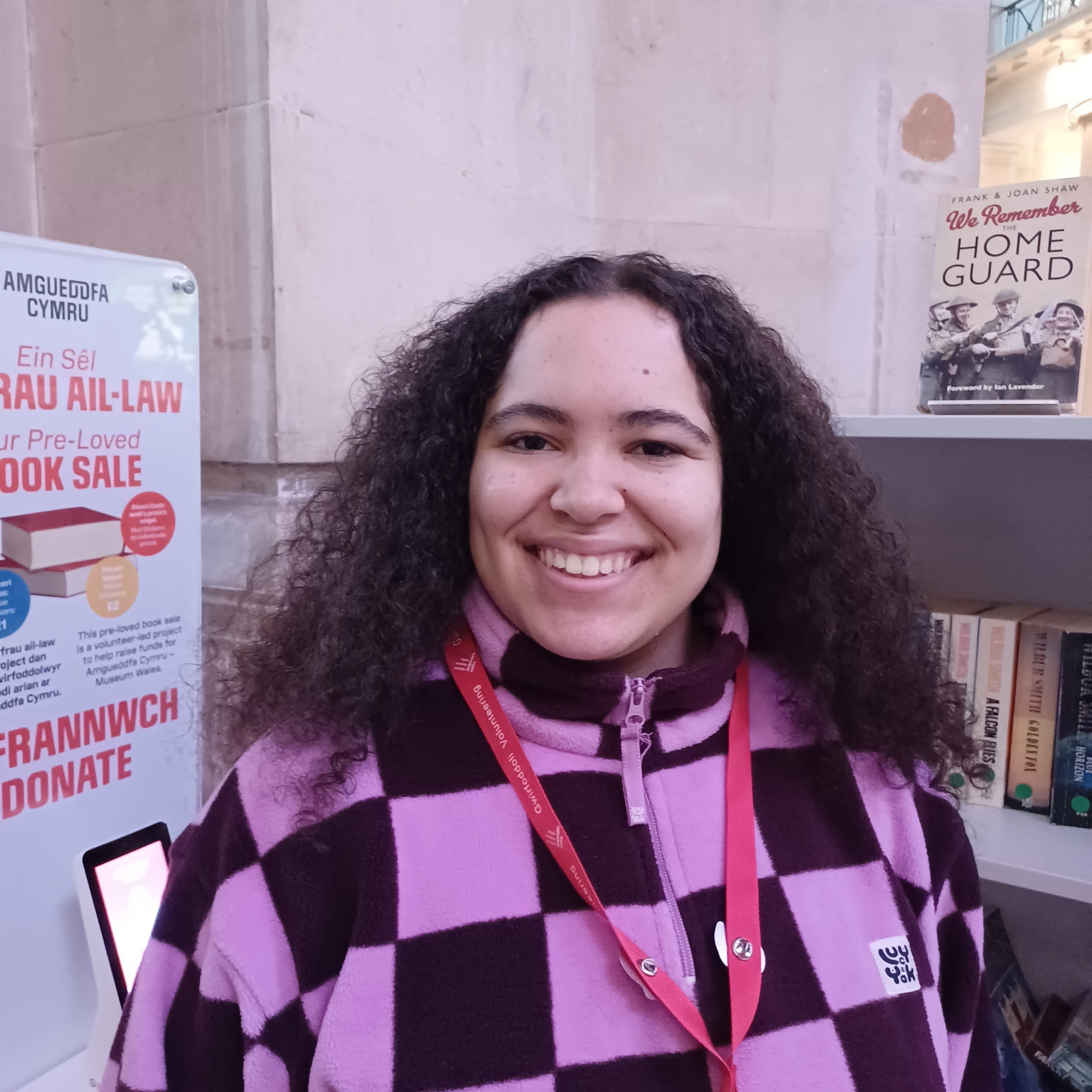Zoe and I completed a work experience week with the Museum. This is my diary of the week.
Day 1:
To begin the week, Zoe and I were able to work with Verdun, the Learning Officer, and shadow him whilst he took a primary school class on what the museum calls a ‘Walk with the Romans’, around the Amphitheatre and Barracks. It was clear to me throughout this experience that the children were gaining interest in the presence of Romans in Welsh history, whilst being given the opportunity to dress up in Roman tunics, with shields and wooden swords, and impersonate soldiers charging into battle. The sheer sense of enjoyment from not only the children, but the teachers as well, was clear to me, which I purely believe was a result of the massive amount of enthusiasm and obvious passion for their work shown by the staff involved in providing this experience. By the end of Day 1, I could safely say that I had gained more knowledge of the Romans impact on Welsh history than I ever had in my 17 years of living, along with the ability to understand how to engage with a large audience and maintain their full attention for a long duration of time.
Day 2:
As my desired career involves marketing, I was given the opportunity to work with Kathryn, the Digital Learning Officer and understand how she advertises the different workshops, events, and exhibits the museum hosts through its website and social media. To begin, Kathryn talked us through the different apps that are used to create digital content to advertise the museum. I was able to create a twitter post for the museum’s twitter account in order to advertise their ‘Roman Classroom’, which is an online teaching platform that involves a ‘costumed facilitator’ explaining all different areas of Roman history. I thoroughly enjoyed learning about the different methods that are used in order to advertise and market the Museum online, and encourage more to get involved, and immerse themselves in the Roman history that exists in Wales.
Day 3:
For day 3, we spent the day shadowing Dai, Visitor Experience Supervisor. He talked us through what is required of us in order to ensure that visitors are provided with the best experience possible. I was surprised by the sheer number of visitors the museum has every day, whether it is families, school trips, or tourists, whilst also picking up the knowledge of how to supervise and maintain order within the museum.
Day 4:
We spent the day with Mark, Senior Curator of Roman Archaeology. We were given the opportunity to photograph artifacts in order to update the museum’s records and provide photos for the website so people can study online. As well as using the advanced set up to photograph the artifacts, Mark also trusted us enough to handle the objects like a Roman brooch, lioness ornament, and a tile antefix, which was an especially interesting new experience. Along with this I was able to gain knowledge of the stories behind the different artifacts and what they symbolize at the time. After recording the descriptions, accession numbers, and other important information, Zoe and I were able to record that we were the ones that photographed the artifacts, which will then be uploaded for anyone to see.
Day 5:
I was able to spent some time with Rosie, Commercial Marketing Officer and she gave me amazing advice on steps I can take in order to achieve my career in marketing. As a result, I have gained a contact in the industry I aspire to become a part of, and this is something I would never have been able to attain if it weren't for this work experience, and for that I am eternally grateful.
Lastly, I would like to express how much I appreciate all the opportunities and experiences this museum has provided me with and how much it will benefit me going forward, and Michelle, Engagement & Volunteer Coordinator, who has been a big factor of my experience here, continuing to welcome Zoe and I every morning and seeing us out every afternoon, and ensuring we are given as many amazing experiences as possible.
I’ve also been inspired to volunteer – and I now volunteer at my local National Trust Property.







